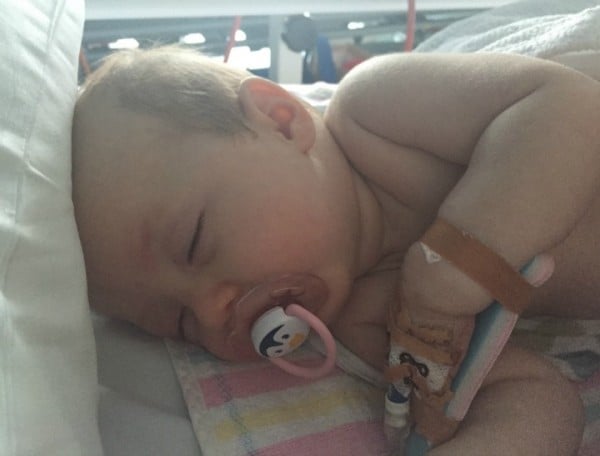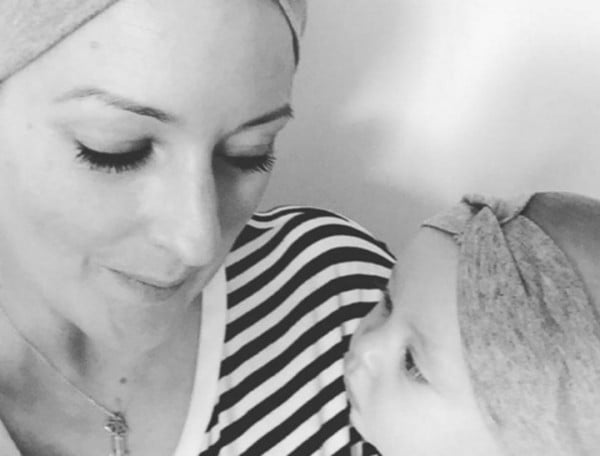
Parents around Australia are being urged to keep an eye on young babies following the news that 55 newborns have been struck down in Queensland by a rare, and potentially dangerous virus.
Parecheovirus is a gastrointestinal and respiratory infection. In 50-80 per cent of adults, the virus shows no symptoms however for young babies (especially those under three months of age) the impact can be devastating with the virus known to cause meningitis, encephalitis, seizures and paralysis.







